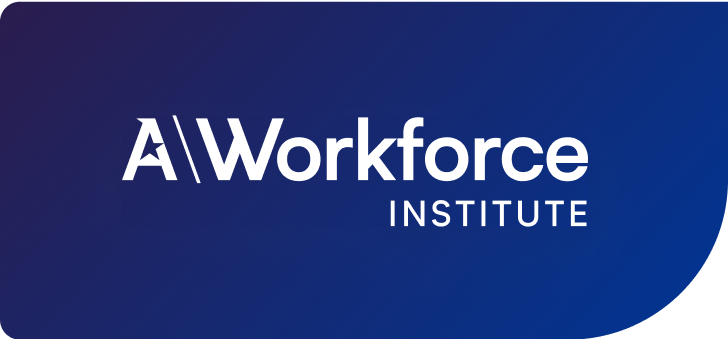CHROs: 4 ways to drive productivity
Updated on November 8, 2022

This resource is brought to you by:
Topics Covered:
Rewards and recognition
Asked how they were preparing for a possible recession, the #1 answer from HR leaders was initiatives to increase productivity. But saying it doesn’t make it easy to achieve.
How to solve a problem like productivity?
This is a notoriously difficult problem to solve. Productivity is hard to measure beyond certain metrics that apply only to specific roles, such as time on calls or orders processed. In today’s new world of work, most roles do not have this kind of simple productivity metric.
In the HR Preparedness Report research, Achievers Workforce Institute asked respondents to rate their own productivity. The immediate concern with self-reported productivity is that most people will over-estimate their own output at work. However, only 25% of respondents strongly agreed they were their most productive selves at work.
How recognition drives productivity
Nine out of ten employees say receiving recognition motivates them to work harder. And the rest of the research is just as compelling.
Recognition frequency correlates strongly with productivity. According to the HR Preparedness Report research, employees who are recognised weekly are three times more likely than those never recognised to say they are their most productive selves at work. The impact is incremental as well – those recognised monthly are 35% more likely to be productive compared to those recognised quarterly.
It’s not just recognition frequency, but a culture of recognition and having access to a robust recognition platform also support productivity at work.
The power of the right recognition programme
Employees who report using the Achievers recognition platform are twice as likely as those with no platform to say that they are productive at work. In addition, these respondents are 62% more likely to be productive compared to users of other platforms. This shows the importance of having an effective recognition platform, which will drive the specific business outcomes that your organisation is striving for.
Cultivating a culture of recognition
One of the biggest differences we see is with respondents who say their organisation has a strong culture of recognition. These respondents are more than twice as likely (2.5x) to say they are their most productive selves at work. This shows the true power of recognition. When it becomes a core part of your organisation’s culture it will drive results, including increasing productivity.
How to create a culture of recognition:
- Empower managers and leaders to recognise
When employees say their manager regularly gives them meaningful recognition, they are three times more likely to rate their manager as effective and these employees are more likely to say they recognise others at least monthly. Company leaders must model the behaviour they want to see in their teams by recognizing often in a meaningful way. - Build a foundation of social recognition
Some organisations limit their recognition strategy by associating rewards such as gift cards or points with every recognition. While monetary recognition has a place in reinforcing high-value behaviours, a heavy focus on this type of recognition reduces overall frequency. Encourage social or non-monetary recognition to increase frequency to at least one recognition per employee per month to move the needle on business outcomes such as productivity and retention. - Train early and often
Few employers are training employees on recognition importance and best practices. Introduce the concept of recognition early in onboarding, and reinforce it regularly with ongoing training. A meaningful recognition is specific, individual, and impact-oriented. By teaching employees and managers how and why to give meaningful recognition you can build a culture of recognition. - Invest in an effective platform
From measuring the right metrics to integrating with the programmes you use every day, having the right recognition solution will drive both recognition frequency and business outcomes such as productivity, engagement, and retention. Find out how the right recognition platform could drive results at your organisation.
Read more:
HR Preparedness Report
HR leaders: 3 steps to recession-proof your teams
VP of Total Rewards: The top outcomes of a robust recognition programme
Infographic: Recognition to drive productivity and resilience
Read the report today

Join our mailing list
Stay up to date with the latest in workforce science from Achievers Workforce Institute.
